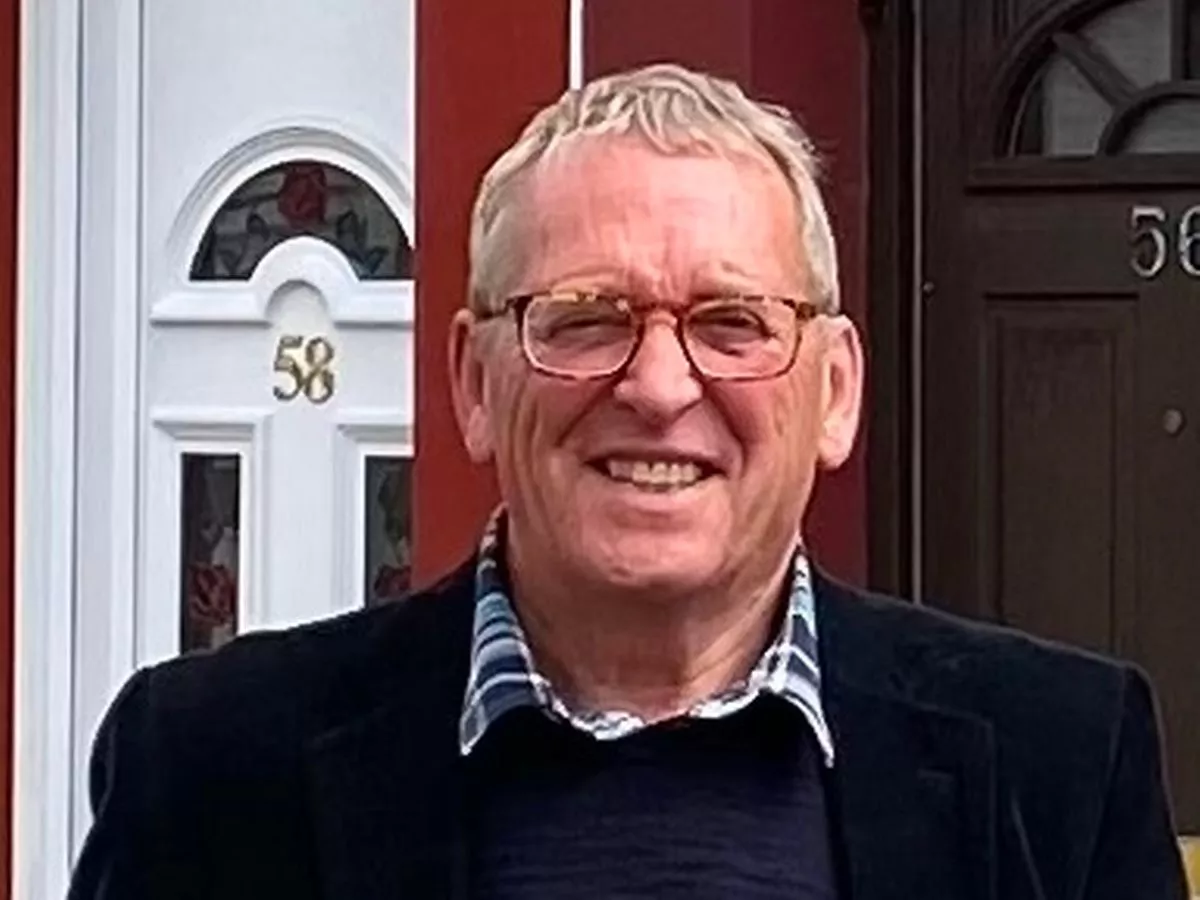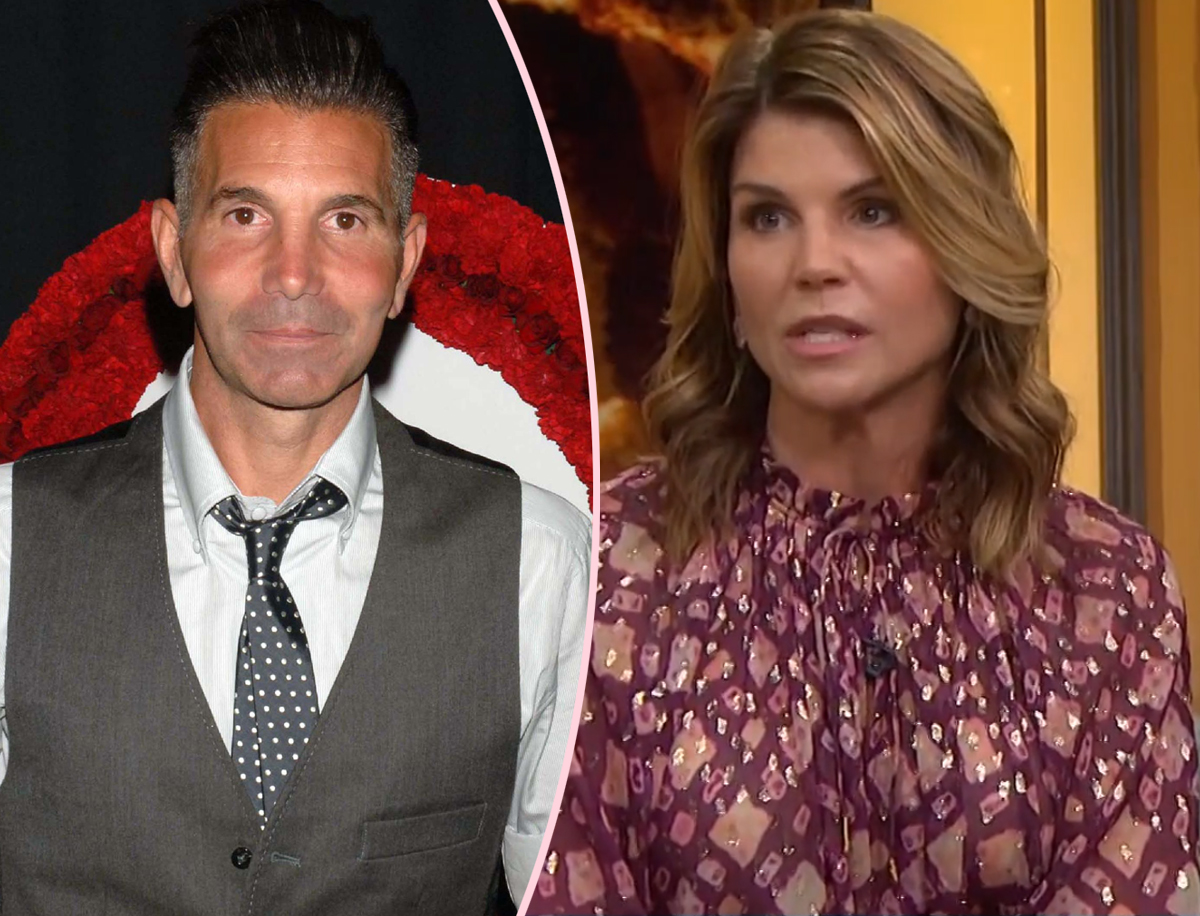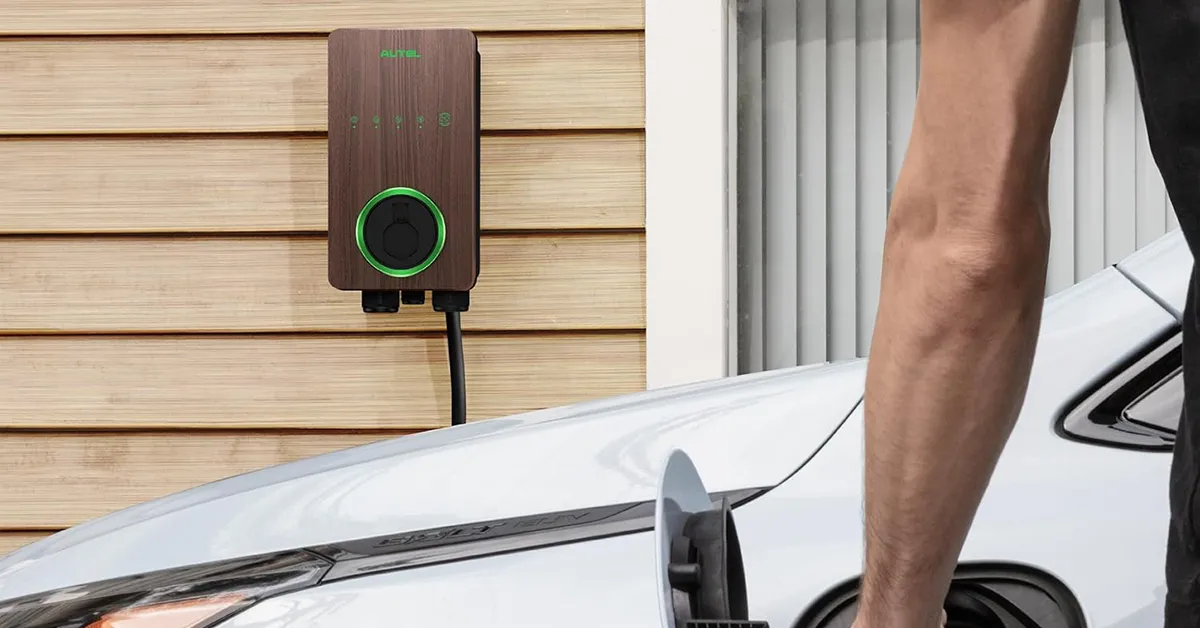Copyright mirror

After surviving a stroke , a grandfather was told the devastating news that he was not out of the woods yet, as a dangerous condition that could cause yet another stroke had been discovered. Keith Laundon, 77, took his car for a service in June 2021 and everything seemed like a normal day. But when he and his wife , Angela, returned home and Keith went to go put some papers away, things took a turn for the worse and he had a stroke. But then, things became even scarier when he was diagnosed with Atrial Fibrillation (AFib or AF) - an irregular and often fast heart rhythm that can cause paliptations, shortness of breath, dizziness and fatigue. Looking back on the day of his stroke, Keith, from Brighton, told The Mirror: "I can only remember that I went into this room. Then my arm started doing things, it was going up in the air, flapping around and everything. I know I tried to call out to my wife and I couldn't speak. "I don't remember how, but my wife said I obviously came up the stairs and she was in the bedroom, and Angela just took one look at me and said 'Keith, darling, I think you've had a stroke or you're having a stroke'. And she did all the FAST stuff, but at the same time, she was ringing 999." The FAST acronym is a test which can help quickly identify the most common signs of a stroke - Face, Arms, Speech - and a reminder that the most important thing in a suspected stroke is Time. The golden time window for treating a stroke is within the first three to four-and-a-half hours of symptoms, as it gives drugs designed to bust stroke-causing clots the best chance of working. Speaking to the Mirror , Keith said: "I do remember sitting on the bed, and then she was asking me to smile and do all the FAST stuff, and I could sort of smile but I couldn't speak, I was just unable to speak. I remember [Angela] putting the phone to me and she was quite annoyed. "She said 'They want to speak to you, I've explained it', and of course, I couldn't speak, and this lady was actually asking me if I was hot and feverish. My wife then heard the ambulance, they were there within 10 minutes, and she said 'I'm going to abort the call, the ambulance is here'. "They came up and they weren't sure at first, because my speech came back a little bit, but then it went again. So I was then rushed to hospital. Because it was the end of Covid, they had relaxed the restrictions nationally, but Angela couldn't come to the hospital, they still had restrictions on people coming into the hospital. So Angela said 'They promised me they'd look after you and they said there'll be someone there', and that was it." Looking back at what happened when he was rushed into hospital, Keith said he can remember "little snippets". He said "People were asking me 'do you know where you are? Do you know how old you are Keith?' But that was it, I couldn't speak. I was just speaking, well the odd little word was coming out but I can't remember everything. "The only other thing I remember was I was lying on some sort of bed, and they said 'Keith, we need to get a drug into you, you've had a blood clot, we need to break the clot up'. And they were talking, but I couldn't get it all, and then I remember a doctor saying 'we've got to ring his wife'. They rang Angela and said 'we've got to get this drug [into him], but it could bring on another stroke, it could even kill him, or, hopefully, he'll be alright'. "And they did that, so that was on the Monday. Monday afternoon at 4pm, Angela got a call and I was sitting up in the hospital bed and I still had loads of wires and different hings around me, but I was ok, and by Thursday I was being let out. That was the important thing from the day that I had it - getting in as quickly as you possible can, and that was the important thing." Getting to hospital within the three to four hour period after the stroke means not only "that individual's got a chance of surviving that stroke", but Keith says it "also means the NHS will not have to spend thousands and thousands of pounds on individuals that have had strokes when they've not got that fast attention they need when they've had a stroke'." But it was far from plain sailing from there on out for Keith. He explained that a consultant came to speak to him before he was discharged, and told him he was being allowed to go home, but that when he asked about the cause: "She said well, you've also got AF. And I didn't know what AF was, I didn't have a clue." In fact, Keith had been dealing with heart palpitations for 18 months prior to his stroke. He tried to get to the bottom of it, but despite numerous tests, doctors didn't carry out the specific one that would catch AFib. Keith said: "I want people to understand how important it is to take your blood pressure , because it's linked." "I had [the palpitations] for 18 months, and I can't knock the NHS and the GPs, sending me for different tests and so forth. You know initially they'd say it's quite normal to have a palpitation, but eventually I had the tests... The AF was there and I didn't know the AF was there in those 18 months because I wasn't having those relevant tests, but when I did it was coming up and it was showing that I was definitely in AF," Keith explained. Just months after suffering his stroke, Keith had to undergo an ablation procedure on his heart - where heat or feezing it used to destroy an area inside the heart causing the abnormal rhythms. Looking back at the day of his stroke, Keith said: "The main day of the stroke, I don't think I was even scared. You're not thinking really anything like that. I was a bit upset that my wife couldn't come with me, but once I was in the hospital, as I say, I don't remember a lot. I don't remember much in the ambulance or anything." Prior to his stroke, Keith was "always active". But now, he says the stroke and atrial fibrillation "hit" him to a point where he now struggles to cut the grass in their garden due to "fatigue". When Keith retired, he got back into swimming, and while he still swims, he said one of his "biggest problems" is the walk from the car park, and that he's also "had falls". Nowadays, Keith has a blue badge due to the fatigue caused by both the atrial fibrillation and the stroke. "I get lethargic, I have mood swings, I can get quite cross," he said. Keith has joined a support group organised by the Stroke Association, and while he says he's "able to do so much more" than some of his friends and people 'wouldn't know' he's had a stroke, he added: "They do say all strokes are a serious occurence." Living near the South Downs, Keith enjoys taking walks to enjoy the countryside, but now he has concerns even just walking that short distance He said: "I sometimes worry more than I should about being on my own. I've even written something in my wallet like 'I'm a stroke survivor', they know I've got a [medical alert] band on because I'm on blood thinners if I did fall or something happened. "So I do get a little probably over the top, but I worry about having another stroke on my own. And you start to think like weird things, but it's not nice, I try not to let it get to me. Obviously it's always there, and the older you get, it's not always nice. I think I'm ok in my ways, I manage. "Angela helps me sometimes - I can't always bend... she's always having to help me put my socks on and she'll help me dress when I can't do it. I just feel so tired. I don't always want to go out for a walk, I don't always want to go for a swim, but Angela's great, she nags me and says 'c'mon we're going for a swim' and my grandchildren and my son and daughter, they're very good in 'you've got to keep busy grandad, you don't do what you used to do but you've got to keep your activities going, you've got to keep your mind going', and I'll try and do that as much as I can." After the procedure on his heart, Keith was loaned a cardio machine and had an Omron machine so he could measure his blood pressure at the same time, which he says he "found very useful". The Stroke Association has partnered with OMRON Healthcare UK to raise awareness of Atrial Fibrillation and the fact it's a major risk factor for a stroke. "You can get paranoid about it, but the machine was very helpful," he said. Keith added that his main piece of advice for people is "don't have a 24-hour ECG, ask for a 7-day ECG, because not always in 24 hours will it pick up the problems that you're having with your AF, with your palpitations". The three-year collaboration between The Stroke Assocation on OMRON Healthcare UK hopes to educate people, pharmacists and healthcare professionals an on the importance of early detection and monitoring of heart health. Both organisations will share information and resources to support understanding of their potential risk factors, meaning people can take preventative action and seek medical advice when needed. The campaign also hopes to highlight the importance of accessible and reliable tools for monitoring blood pressure and detecting irregular heart rhythms, specifically AFib detection, to help reduce the chances of a stroke. Karen Sanders, Managing Director EMEA at OMRON Healthcare, said: “Detecting AFib early can be lifesaving. Through our partnership with the Stroke Association, we are committed to empowering people with the tools and knowledge to take control of their heart health, helping to prevent strokes before they happen.” Juliet Bouverie OBE, CEO of the Stroke Association, said: “We know that early detection of Atrial Fibrillation can prevent thousands of strokes each year. In the UK, someone has a stroke every five minutes and, worryingly, this has been increasing in recent years. Stroke is a killer and, additionally, the lives of the 90,000 people who survive a stroke every year in the UK change in an instant as they can be left unable to move, see, speak or even swallow. Yet around 90% of those strokes are preventable as they are the result of lifestyle choices such as poor diet, lack of exercise, smoking and alcohol consumption. We hope the Government will help to stop strokes from happening too through the 10 Year Health Plan and its focus on prevention. “It is also vital that everyone knows what causes a stroke, so they can take proactive steps to look after their health. That’s why we’re partnering with OMRON - to encourage people to find out if they are at risk of having a stroke so that they can make the changes needed to reduce their chances, if required.”



